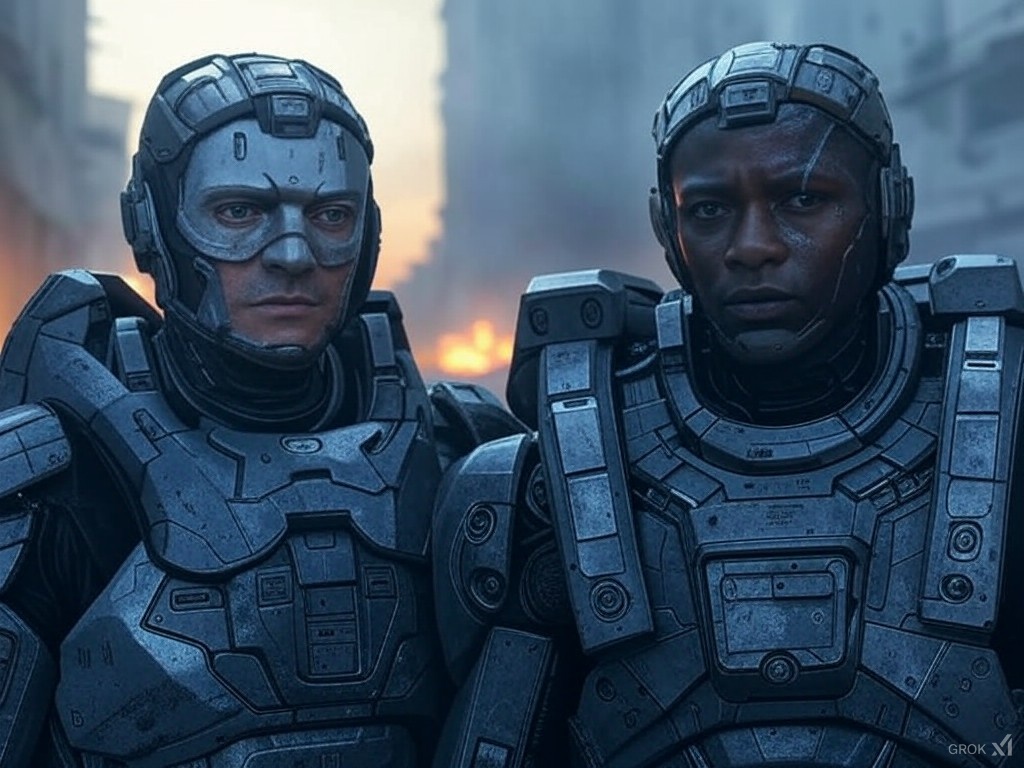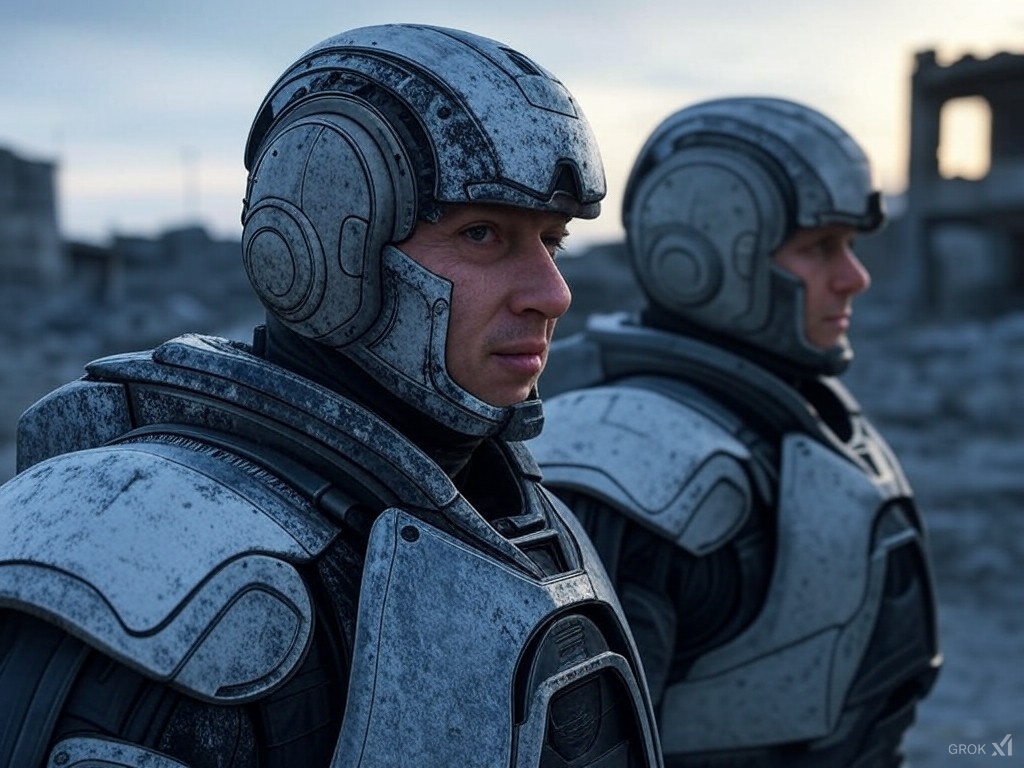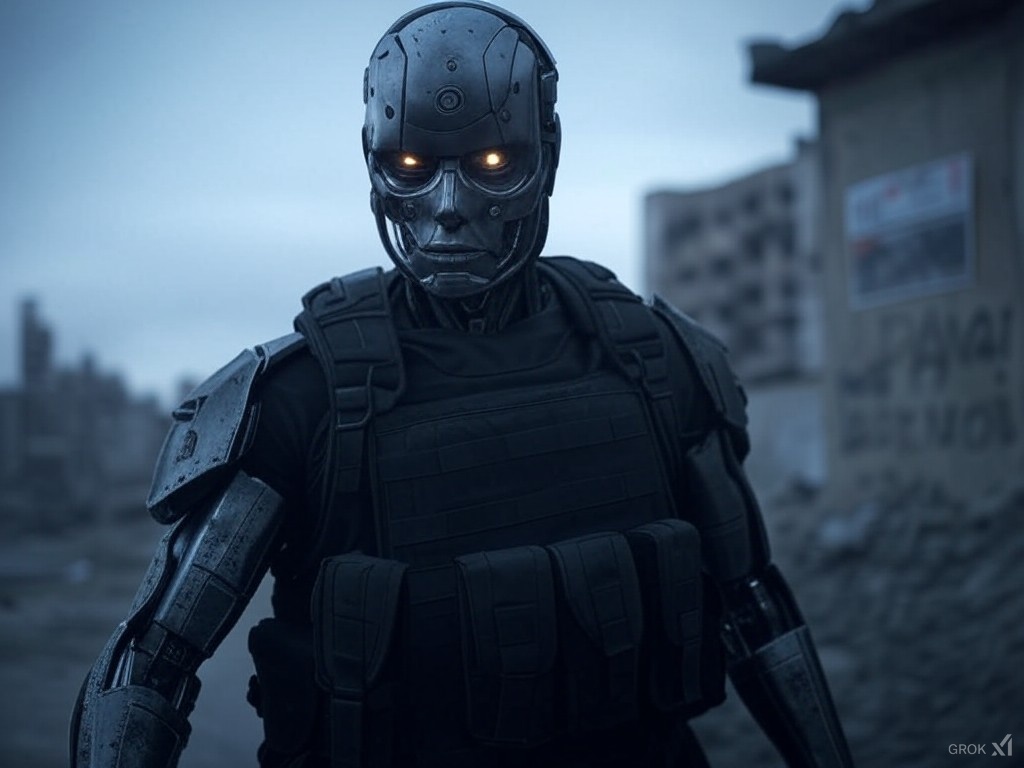Hello!
Introduction
 The Defense Advanced Research Projects Agency (DARPA), a branch of the Pentagon, is delving into innovative biomedical engineering with the aim to enhance military personnel's capabilities in extreme and hazardous environments.
The Defense Advanced Research Projects Agency (DARPA), a branch of the Pentagon, is delving into innovative biomedical engineering with the aim to enhance military personnel's capabilities in extreme and hazardous environments.
One such project, known as the "Red Blood Cell Factory" (RBC-Factory), focuses on modifying red blood cells (RBCs) to create what some might controversially term "mutant soldiers." This article explores the science behind this initiative, its potential applications, and the ethical considerations it raises.
The Science Behind Red Blood Cell Modification
Red blood cells are the carriers of oxygen in the human body, crucial for sustaining life in various conditions, especially under physical stress.
 DARPA's RBC-Factory program seeks to expand the functionality of these cells by loading them with additional "cargoes" - substances like small molecules, peptides, proteins, pigments, colloids, and nanomaterials.
DARPA's RBC-Factory program seeks to expand the functionality of these cells by loading them with additional "cargoes" - substances like small molecules, peptides, proteins, pigments, colloids, and nanomaterials.
According to reports from sources like Business Insider, the aim is to enable soldiers to operate more effectively in extreme environments by enhancing their physiological capacities before deployment.
The initiative does not involve genetic modification but rather the introduction of these cargoes into the cells.
This process could potentially allow for automatic drug delivery systems within the body, offering protection against diseases like malaria, enhancing clotting after injuries, or even providing sustained drug effects without frequent administration (Sociable.co, 2024-12-17 (sociable.co)).

Potential Applications
- Enhanced Resilience: Modified RBCs could provide soldiers with resistance to biological threats or rapid healing capabilities, crucial in combat zones where medical facilities might not be immediately accessible.
- Performance Boost: By improving oxygen delivery or introducing performance-enhancing compounds, soldiers might experience reduced fatigue, better recovery from physical exertion, or increased endurance in harsh environments.
- Emergency Medical Aid: The ability to have blood cells that can self-administer first aid in the form of drugs or clotting agents could revolutionize battlefield medicine, reducing the time to treatment for severe injuries.

Ethical and Ethical Considerations
 The idea of modifying human biology for military purposes raises significant ethical questions:
The idea of modifying human biology for military purposes raises significant ethical questions:
- Humanity and Identity: There's a debate about whether such modifications alter the essence of what it means to be human, especially if these changes are permanent or have long-term effects.
- Consent and Autonomy: The voluntary nature of such modifications for military personnel must be ensured, respecting their autonomy and informed consent.
- Long-term Health Effects: The safety of these modifications over time remains uncertain. Potential side effects and the body's reaction to these altered cells need thorough investigation.
- Military vs. Civilian Use: There's also the question of whether this technology should be exclusive to military use or if its benefits should extend to civilian medicine where similar enhancements could save lives or improve quality of life for non-combatants.
Public and Scientific Reaction
 The project has garnered mixed reactions. On one hand, there's excitement about the potential leap in medical technology; on the other, there's concern regarding the ethical implications.
The project has garnered mixed reactions. On one hand, there's excitement about the potential leap in medical technology; on the other, there's concern regarding the ethical implications.
Posts on X (formerly Twitter) have highlighted the DARPA initiative, often focusing on both the promise and the peril of such advanced biological engineering ([Posts on X, 2025-02-11]).
Conclusion
 While the term "mutant soldiers" might evoke images from science fiction, the reality of DARPA's RBC-Factory program is rooted in cutting-edge science aimed at enhancing human performance under duress.
While the term "mutant soldiers" might evoke images from science fiction, the reality of DARPA's RBC-Factory program is rooted in cutting-edge science aimed at enhancing human performance under duress.
The ethical landscape this project navigates is complex, involving considerations of human rights, military ethics, and the broader implications for society.
As this research progresses, it will be crucial to balance innovation with integrity, ensuring that advancements do not come at the cost of our humanity.






